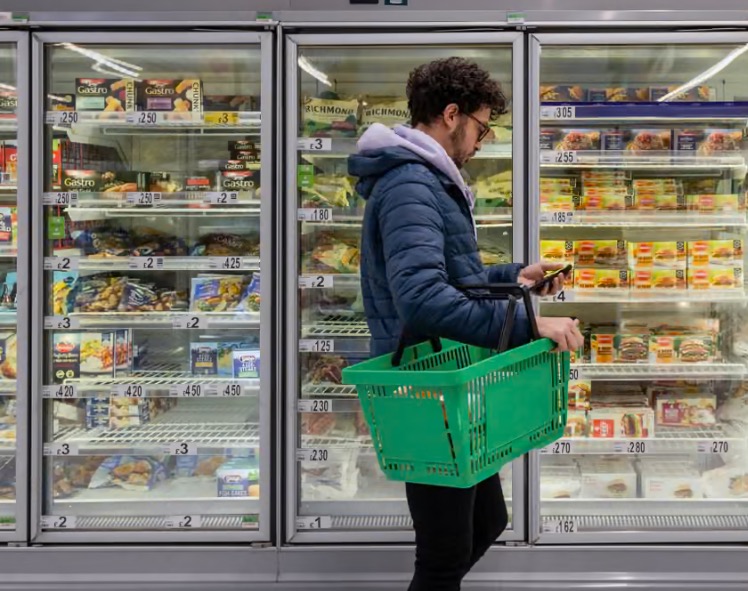Retailers in the UK have warned the government that further tax increases could fuel inflation, as shop prices rose again in September.
According to the British Retail Consortium (BRC) and analysts NIQ, annual shop price inflation climbed to 1.4 per cent in September, up from 0.9 per cent in August. Rising costs in home improvement and gardening products drove the increase, offsetting stabilising food prices.
For the first time in 18 months, deflation in non-food goods appears to be ending, with prices falling by just 0.1 per cent year-on-year in September compared with a larger 0.8 per cent drop in August.
While cheaper back-to-school items such as laptops eased some pressure, costs for DIY and household goods edged higher. Food inflation, however, held steady at 4.2 per cent.
The BRC’s chief executive, Helen Dickinson said global supply challenges, high energy bills, and increased national insurance contributions were pushing up costs across the supply chain.
“Households are finding shopping increasingly expensive,” she said, warning that input costs remain elevated for producers, particularly in dairy and beef.
Mike Watkins of NIQ added that weak consumer confidence means retailers will be forced to rely heavily on promotions to sustain sales.
“Shoppers are increasingly price-sensitive, with many worried about their personal finances,” he noted.
The BRC said signs suggest food inflation has peaked, but easing may not come until late this year or early 2026.
The Bank of England recently delayed interest rate cuts, citing food prices as a risk to overall inflation.
With the government considering new tax measures, including a packaging levy due in October, Dickinson cautioned that higher costs would inevitably filter down to households.
“Any further tax rises in the budget will keep shop prices higher for longer,” she said.
The BRC estimates retailers will shoulder an additional £7bn in costs this year due to new tax and wage obligations.



